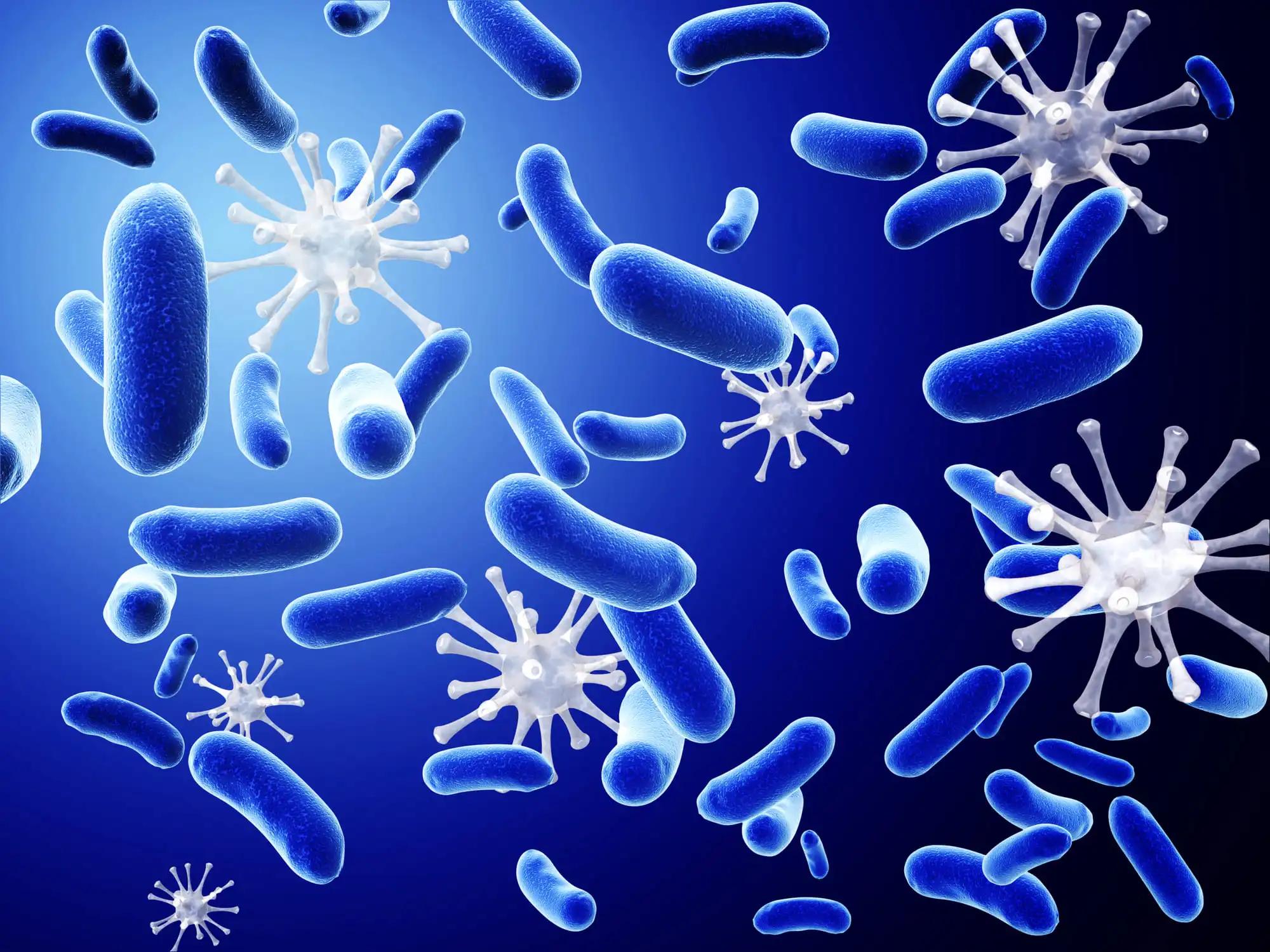KEY TAKEAWAYS
- The phase I/II study explored autologous ex vivo HSC-GT as a potential therapy for MPSIIIA.
- The study showed that autologous HSC-GT treatment is well-tolerated in MPSIIIA pts.
The experimental treatment known as autologous ex vivo hematopoietic stem cell gene therapy (HSC-GT) is being explored as a potential therapy for mucopolysaccharidosis type IIIA (MPSIIIA or Sanfilippo syndrome). The treatment involved inserting a functioning SGSH gene into the patient’s own CD34+ stem cells before a transplant to compensate for the missing SGSH enzyme.
The phase I/II open-label study had safety, tolerability, and SGSH activity in leukocytes at the 12-month mark as the primary endpoints. Secondary objectives included neurocognitive effects, particularly using the Bayley Scales of Infant and Toddler Development. The patients’ progress will be tracked for at least 3 years. Five severely affected MPSIIIA patients (pts) aged 6-24 months took part in this trial. They underwent stem cell procedures, then had their cells modified with a lentiviral vector and stored at low temperatures. Before receiving the treatment, the pts underwent myeloablative busulfan conditioning.
Of the trial pts, three have been monitored for over 18 months after the transplant, one for more than 12 months, and another for over 9 months. The vector’s copy number ranged from 1.19 to 8.91 copies per cell, with a cell dose between 4.3 to 22.7×106 CD34+/kg. The engraftment process was swift, with average times for neutrophil, platelet, and red cell engraftments being 19, 28, and 25 days respectively.
All pts have maintained engraftment, with noticeably elevated levels of SGSH enzyme in their leukocytes. This heightened enzyme level was also swiftly noted in other parts of the body. Initial heparan sulfate levels showed significant reductions in urine and plasma samples. Patients’ neurocognitive health, with preliminary results, continued to be assessed, suggesting a potential change in the neurological aspects of MPSIIIA in one patient. Three other patients are currently within the standard DQ range but need more observation.
The autologous HSC-GT treatment was well-tolerated, producing heightened enzyme levels in pts. Preliminary findings also hinted at a meaningful change in the neurological characteristics of the disease.
Source: https://ebmt2023.abstractserver.com/program/#/details/presentations/1696
Clinical Trial: https://classic.clinicaltrials.gov/ct2/show/NCT04201405
Guha, A., Wynn, R., Bigger, B., Kinsella, J., Holley, R., Potter, J., Ellison, S., Thrasher, A., Booth, K., Buckland, K., Izotova, N., Rust, S., Weisberg, D., Church, H., Tylee, K., Brammeier, K., Jones, S., Lee, H., Ford, L., Sadegholnejat, A., Jones, C. Paed4-06 BIOCHEMICAL ENGRAFTMENT AND CLINICAL OUTCOMES OF EX-VIVO AUTOLOGOUS STEM CELL GENE THERAPY FOR MUCOPOLYSACCHARIDOSIS TYPE IIIA.



